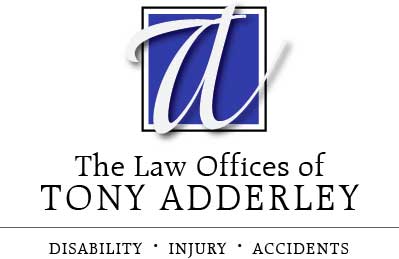The Social Security Administration (SSA) is the federal agency with the job of overseeing the nation’s social security system. One aspect of this system which the SSA controls is Social Security Disability (SSD), which is intended to provide financial assistance to individuals who are too disabled to work and individuals who become disabled before they reach retirement. A person’s eligibility for SSD, along with the presence of a qualifying disability, is determined by the amount of time that the person spent in the workforce paying social security taxes. The longer that was spent in the workforce paying social security taxes (commonly referred to as FICA taxes), the more work credits the person would have earned toward qualifying for social security disability.
Work Credits
The number of credits a person will need in order to qualify for SSD will depend how old the person was when he or she became disabled. A person who does not become disabled until the age of 50 would need 28 work credits in order to qualify for SSD. If a person wants to determine exactly how many points they will need in order to qualify for SSD, and how many points they currently have, an experienced social security disability attorney should be consulted.
If they do not have enough work credits to qualify for SSD, individuals too disabled to work can still apply for Supplemental Security Income (SSI), which is another program administered by the SSA.
Medical Disability
Having enough points is not the only requirement which must be met for SSD benefits. Individuals applying for benefits must show that they have a severe, long term, and total disability. The disability must interfere with the person’s ability to perform basic work-related activities, must be expected to last for at least one year, and must prevent the person from being able to perform substantial gainful activity for at least one year. Substantial gainful activity is represented by an amount of earnings which changes from year to year. This means that individuals who earn above a certain amount will be considered able to perform substantial gainful activity and therefore may not qualify for SSD benefits. If the disability does not prevent the performance of substantial gainful activity, then it will not be considered a qualifying disability for compensation.
Getting the Advice of an Attorney
Before applying for social security disability benefits, it would be in the best interests of the applicant to partner with an experienced benefits attorney first. An attorney with specific experience in helping people recover the benefits that they are entitled to will be an invaluable resource to anyone who is applying for disability from the federal government. Working on the applicant’s behalf, the attorney will complete and submit all of the necessary paperwork, will help the applicant compile all of the necessary evidence to support a claim, and will represent the applicant in any appeal hearings that may be necessary in the future. This help can be offered even if benefits have already been denied.

